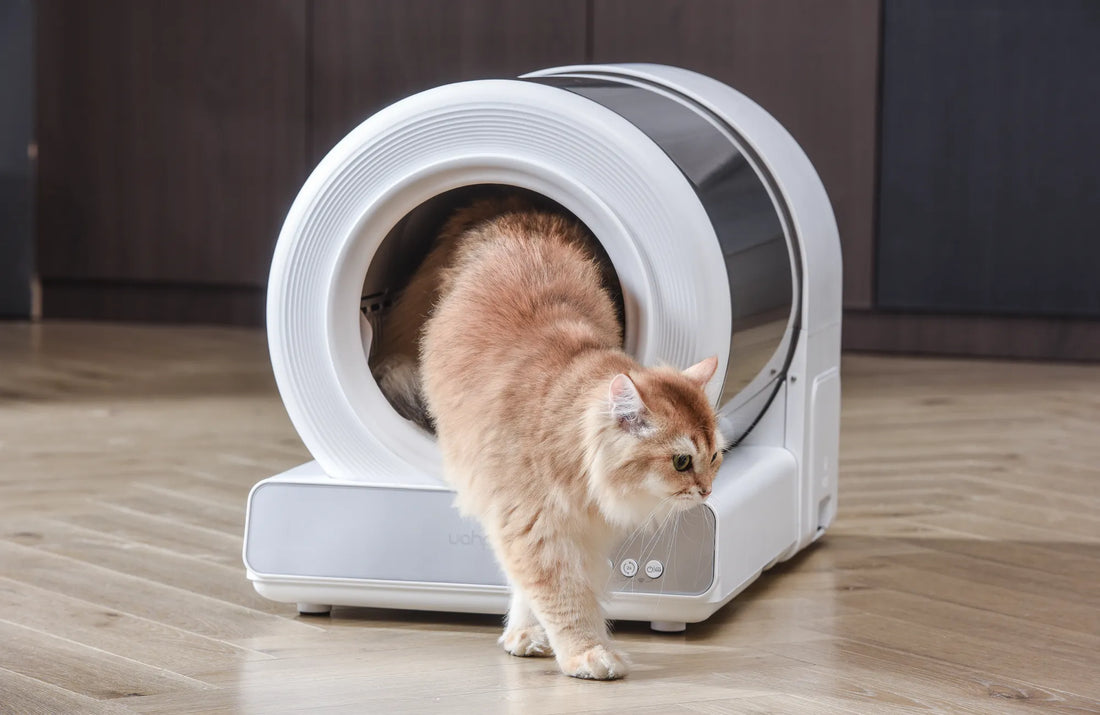Have you ever walked into your home only to find your dog munching on cat poop from the litter box? This bizarre and unpleasant behavior can leave pet owners scratching their heads. While it may seem gross and inexplicable, there are several reasons why dogs engage in this habit. Understanding the underlying causes is the first step toward addressing the issue and ensuring the health and well-being of both your dog and cat.
Curiosity and Exploration
Dogs are naturally curious creatures, and their sense of smell is far more powerful than ours. The litter box, with its strong odors and intriguing textures, can be a magnet for a curious dog. For some dogs, eating cat poop is simply a way to explore their environment. Puppies, in particular, are prone to this behavior as they are still learning about the world around them.
Nutritional Deficiencies
Another possible reason for this behavior is nutritional deficiencies. If your dog's diet lacks essential nutrients, they may seek out alternative sources of nutrition. Cat food is higher in protein and fat compared to dog food, and cat poop may still contain traces of these nutrients. In some cases, dogs may eat cat poop to compensate for what they are missing in their own diet.
Instinctual Behavior
Dogs have inherited certain behaviors from their wild ancestors. In the wild, animals often eat feces to keep their dens clean and to avoid attracting predators. While this behavior is no longer necessary for domesticated dogs, the instinct may still persist. Additionally, mother dogs often eat the feces of their puppies to keep the nesting area clean, and this behavior can sometimes extend to other animals in the household.
Attention-Seeking
Some dogs may eat cat poop as a way to get attention from their owners. If you react strongly to this behavior, your dog may see it as a way to engage with you, even if the attention is negative. Dogs thrive on interaction, and they may repeat the behavior if it results in a reaction from you.
Medical Issues
In some cases, eating cat poop can be a sign of an underlying medical issue. Conditions such as diabetes, thyroid problems, or gastrointestinal disorders can lead to increased appetite or unusual eating habits. If your dog suddenly starts eating cat poop or exhibits other changes in behavior, it's important to consult with a veterinarian to rule out any health concerns.
How to Stop Your Dog from Eating Cat Poop
Addressing this behavior requires a combination of management, training, and environmental changes. Here are some strategies to help curb the habit:
1. Keep the Litter Box Out of Reach
One of the simplest solutions is to make the litter box inaccessible to your dog. Place it in a location that your dog cannot reach, such as behind a baby gate or in a room with a door that can be closed. Elevated litter boxes can also be effective in keeping dogs away.
2. Clean the Litter Box Regularly
Regularly cleaning the litter box can reduce the temptation for your dog. Cats are more likely to use a clean litter box, and removing waste promptly can minimize the opportunity for your dog to indulge in this behavior.
3. Provide a Balanced Diet
Ensure that your dog is receiving a balanced and nutritious diet. If you suspect that nutritional deficiencies may be contributing to the behavior, consult with your veterinarian to adjust your dog's diet or add supplements if necessary.
4. Train Your Dog
Training can be an effective way to discourage your dog from eating cat poop. Use positive reinforcement to reward your dog for ignoring the litter box. Commands such as 'leave it' can be particularly useful in redirecting your dog's attention.
5. Use Deterrents
There are products available that can make cat poop less appealing to dogs. These deterrents can be added to the litter or applied to the feces itself. Always consult with your veterinarian before using any products to ensure they are safe for both your dog and cat.
6. Address Underlying Medical Issues
If you suspect that a medical issue may be causing the behavior, seek veterinary care. Your veterinarian can perform tests to identify any health problems and recommend appropriate treatment.
Preventing Health Risks
Eating cat poop can pose health risks to your dog. Cat feces may contain parasites, bacteria, or other pathogens that can be harmful to dogs. Regular deworming and veterinary check-ups can help protect your dog from potential health issues. Additionally, maintaining good hygiene practices, such as washing your hands after handling the litter box, can reduce the risk of transmission to humans.
When to Seek Professional Help
If your dog's behavior persists despite your efforts, it may be time to seek professional help. A certified animal behaviorist or trainer can provide personalized guidance and support to address the issue. In some cases, medication or behavioral therapy may be recommended to help manage the behavior.
While it may be unsettling to discover your dog eating cat poop, understanding the reasons behind this behavior can help you take the necessary steps to address it. By implementing effective strategies and seeking professional advice when needed, you can ensure a healthier and happier environment for both your dog and cat. Don't let this puzzling habit disrupt your household—take action today to put an end to it!













